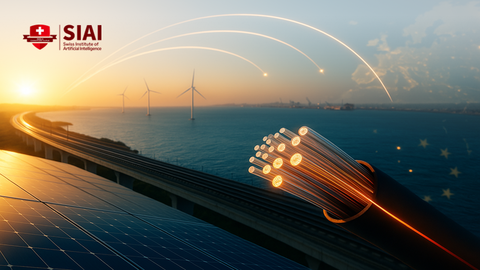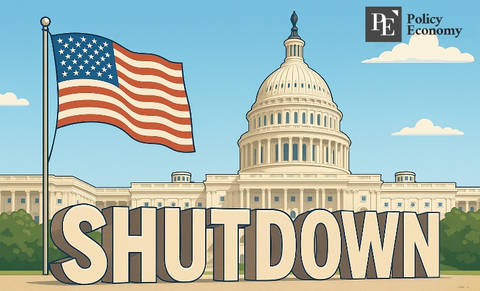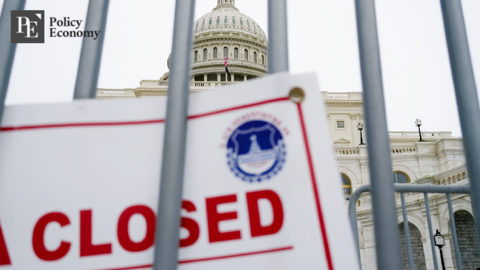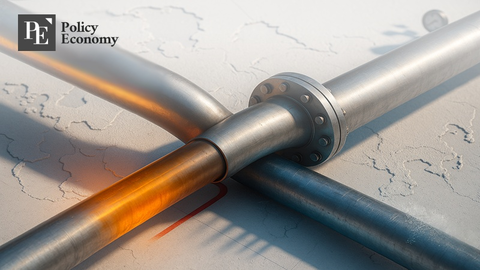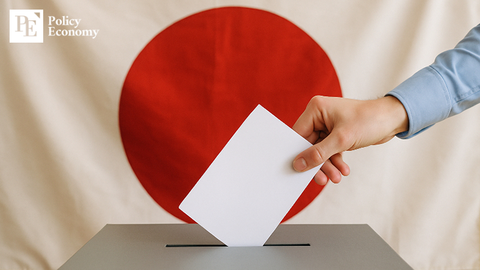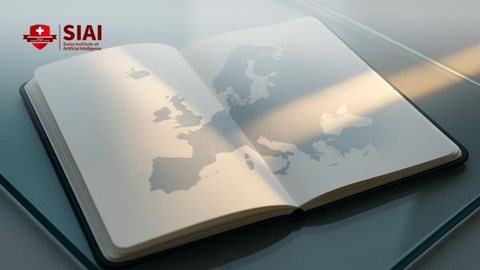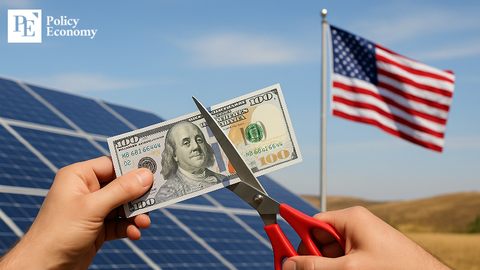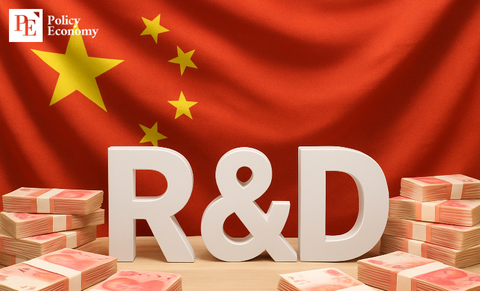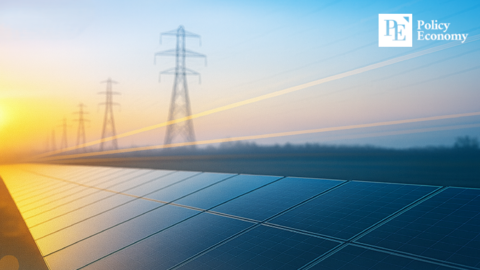[동아시아포럼] 2023 퍼시픽게임, 솔로몬제도의 지정학적 중요성 대두
입력
수정
솔로몬제도, 퍼시픽게임 개최로 국가 경제 활성화 기대 추정 비용 약 3억 달러, 중국이 대부분의 비용 충당 전략적 요충지로 재부상, 미국-중국 패권 경쟁의 격전지
[동아시아포럼]은 EAST ASIA FORUM에서 전하는 동아시아 정책 동향을 담았습니다. EAST ASIA FORUM은 오스트레일리아 국립대학교(Australia National University) 크로퍼드 공공정책대학(Crawford School of Public Policy) 산하의 공공정책과 관련된 정치, 경제, 비즈니스, 법률, 안보, 국제관계에 대한 연구·분석 플랫폼입니다. 저희 폴리시코리아(The Policy Korea)와 영어 원문 공개 조건으로 콘텐츠 제휴가 진행 중입니다.
4년마다 열리는 퍼시픽게임은 1963년 피지에서 처음 개최됐으며 2019년에는 남태평양의 미국령 섬인 사모아에서 치러졌다. 2019년부터는 호주와 뉴질랜드를 포함한 오세아니아의 24개 국가 및 위원회 소속 선수들이 24개 종목에 출전한다.
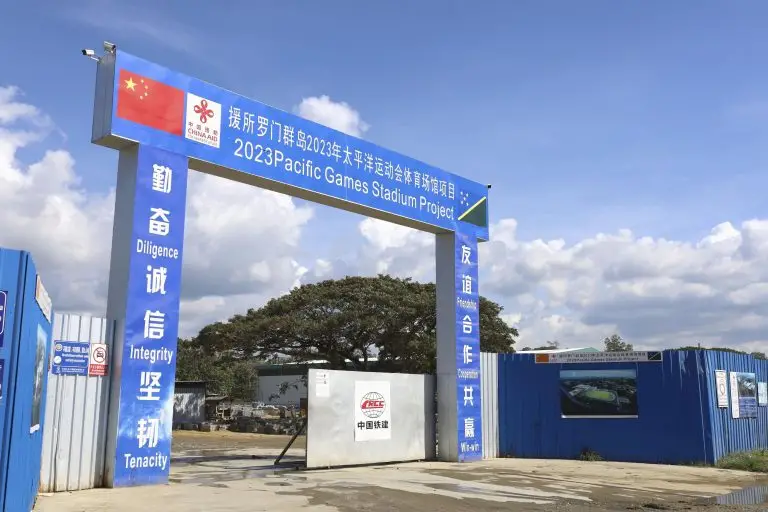
세계은행 대출 없이 퍼시픽게임 개최한 솔로몬제도, 자금 출처는?
올해 퍼시픽게임 개최국은 남태평양의 섬나라 솔로몬제도다. 솔로몬제도가 퍼시픽게임을 유치한 것은 이번이 처음이다. 퍼시픽게임을 치르는 데 소요되는 비용은 정치·경제적 문제와도 직결되는 만큼, 현지에선 다양한 추산치가 나왔다. 지난 11월 추산치는 2억5,000만 달러(약 3,263억원), 6월 추산치는 3억5,500만 달러(약 4,634억원)로 분석됐다. 이 중 6월 추산치는 솔로몬제도의 연간 예산의 약 46%, 작년 GDP(국내총생산)의 22%에 해당하는 금액이다. 또한 이는 솔로몬 티나강 수력발전 프로젝트의 초기 비용인 2억1,000만 달러(약 2,741억원)를 훨씬 웃돈다. 이와 관련해 지난해 11월 24일 예산안 연설에서 해리 쿠마(Harry Kuma) 솔로몬제도 재무장관은 "1978년 독립 이후 단일 사업 중 최대 규모의 통합 사업이자, 국가 경제 회복의 유일한 최대 원동력"이라고 강조하기도 했다.
문제는 올해 솔로몬제도 예산이 1억7,800만 달러의 적자가 예상된다는 점이다. 지난 9월 솔로몬제도는 코로나19 팬데믹으로 인한 경기 침체를 해결하기 위해 국제통화기금(IMF) 특별인출권을 환매했으나, 대회를 위한 추가 자금은 요청하지 않았다. 아울러 세계은행의 자금도 빌리지 않았는데, 이렇다 보니 정부의 자금 조달 출처가 더 불분명해졌다. 이런 가운데 솔로몬제도 정부는 대회 비용의 5분의 1만 부담하고 나머지는 기부금에 의지했다. 기부 의존도가 비합리적으로 높지만 중국이 대회 비용의 3분의 1에 달하는 1억1,900만 달러(약 1,549억원)를 기부한 덕분에 가능한 얘기였다.
그간 머내시 소가바레(Manasseh Sogavare) 솔로몬제도 총리는 중국과의 관계를 공격적으로 강화해 왔다. 2019년 집권 이후 소가바레 총리는 대만과 36년 만에 단교, 중국과 수교를 맺고 전면적 전략동반자 관계를 수립했다. 2022년에는 중국과 안보 협정을 체결하기도 했다. 이 과정에서 소가바레 총리는 중국의 막대한 지원금 및 시설 투자 계약을 따낸 것으로 알려졌다. 새로운 시설의 대부분은 중국 토목건설공사가 건설했으며 1만 석 규모의 국립 경기장과 아쿠아틱 센터, 5개의 테니스 코트, 5,000명의 선수를 위한 친목 홀, 3개의 다목적 스포츠 콤플렉스 등도 중국의 '선물' 리스트에 포함됐다.
솔로몬제도의 친중 행보, "지정학적 프리미엄일까 리스크일까"
여기에 그치지 않고 솔로몬제도는 중국과 안보협정도 체결했는데, 이에 미국은 지난 2월 솔로몬제도에 미국 대사관을 재개관했다. 해당 안보협정은 중국 해군 진출의 발판이 될 가능성이 있는 만큼 이를 경계하겠다는 의도로 풀이된다. 나아가 조 바이든 미국 대통령은 태평양 도서국들과의 두 번째 정상회의에서 솔로몬제도의 기반 시설에 4천만 달러(약 536억원)를 투자하고 새로운 외교 관계를 맺겠다고 약속하기도 했다.
하지만 소가바레 총리는 정상회의에 참석하지 않았다. 미국은 첫 번째 정상회의에서의 약속(기후대응·개발원조 등에 1조여원 지원)을 이행하지 않았던 데다, 미국의 기약 없는 약속 보다 중국의 즉각적인 이니셔티브가 국가 발전에 훨씬 더 효과적이었다는 이유에서다. 솔로몬제도가 중국과의 관계를 지속적으로 강화함에 따라 태평양 도서국을 둘러싼 미·중 간 영향력 확대 경쟁도 더욱 치열해질 전망이다.
솔로몬제도와 미국 간의 신경전은 주변 국가들에도 외교적 영향을 미쳤다. 중국뿐만 아니라 다른 국가에서도 솔로몬제도를 향한 지원 행렬이 이어졌다. 인도네시아는 풋살 시설에 자금을 지원했고, 한국, 사우디아라비아, 인도 등도 퍼시픽게임을 위한 인프라에 기여했다. 일본은 2차 세계대전 당시 생긴 불발탄 제거에 자금을 지원했으며 호주, 뉴질랜드, 피지, 파푸아뉴기니는 솔로몬제도 지원군의 일원으로 솔로몬제도 경찰청에 군대, 의료, 치안 지원을 제공했다. 이들은 내년 선거가 끝날 때까지 머물 예정이다.
퍼시픽게임이 성공리에 막을 내린 가운데, 가장 열렬한 후원자를 자처했던 중국이 지원의 대가로 무엇을 요구할 것인지는 지켜봐야 할 일이다. 다만 미국과 주변국들의 외교 공방이 예상되는 만큼 솔로몬제도는 외교 전략을 다각화해야 할 것으로 보인다. 냉전 시대 이후, 솔로몬제도는 또다시 패권 경쟁의 무대가 됐다.
원문의 저자는 찰스 호크슬리(Charles Hawksley) 호주 뉴사우스웨일스주 울런공대학교(The University of Wollongong) 인문사회과학대학의 선임 강사입니다.
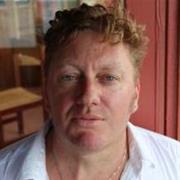
Geopolitics abound at the 2023 Pacific Games in Solomon Islands
Driving into Solomon Islands’ capital Honiara from the international airport in late May 2023 revealed the frenetic pace of construction. The new Japanese-built passenger departure terminal and resurfaced roads led to the jewel in the crown — the large new Chinese-built National Stadium — all constructed ahead of the 17 November – 2 December 2023 Pacific Games.

The quadrennial Pacific Games was first held in 1963 in Fiji and was last hosted by Samoa in 2019. This is the first time Solomon Islands has hosted the games. Athletes from 24 countries and territories in Oceania — including Australia and New Zealand since 2019 — will be competing in 24 sports.
The opening ceremony provided great wide shots of the packed National Stadium as the ‘Olympics of the Pacific’ got underway, led out by 2019 hosts Samoa, while the crowd held up the flags of the different Pacific Island nations participating in the Games. Light towers at the National Stadium allow many events to be staged in the cooler evenings.
For Solomon Islands Prime Minister Manasseh Sogavare, much is riding on the success of the 2023 Games. Sogavare used the Games as his rationale for delaying national elections, due by May 2023, until probably April 2024.
The cost of the Pacific Games is both an economic and a political issue. Estimates of overall costs vary, with a November 2023 estimate placing the total cost at US$250 million and another from June 2023 at around US$355.5 million. If the latter estimate is accurate, the cost of the Games may be equivalent to around 46 per cent of the country’s annual budget and 22 per cent of its 2022 GDP.
There is no doubt that the Games are a major expense, surpassing even the initial US$210 million cost of the Tina River hydropower project. Solomon Islands Minister of Finance and Treasury Harry Kuma declared in his 24 November 2022 budget speech that ‘this is the single largest unifying undertaking by any government since independence in 1978. It is also the single largest driver of the country’s economic recovery’.
The 2023 budget anticipates a deficit of 1.5 billion Solomon Islands dollars (US$178 million). In theory, the Solomon Islands government has a responsible borrowing policy, with a 2020 statement noting that ‘as a responsible government, we cannot accept loan funding that is not affordable and are careful to only accept loans that will generate returns which the government has the capacity to repay’.
This raises the question of how the Games are being funded. In September 2023, Solomon Islands repurchased over 1.733 billion International Monetary Fund (IMF) special drawing rights, borrowed under the Flexible Credit Scheme to assist with balance of payments problems in the wake of the COVID-19 pandemic. The government has not sought further funding from the IMF for the Games.
Solomon Islands has also not borrowed from the World Bank for the Games. Like the Solomon Islands government, the World Bank sees the Games as part of a potential wider economic recovery. The World Bank suggests that the Games and other projects will contribute to a bounce in GDP from -4.1 per cent growth in 2022 to 2.9 per cent in 2023. The Games are expected to have flow-on effects that will boost services and tourism.
The government is paying for a fifth of the costs of the Games, with donors picking up the rest. The government’s shifting of diplomatic recognition from Taiwan to China and its 2022 security pact with China have enabled Sogavare to leverage aid donors to build new facilities and provide extra security. It has also brough the United States back to the Solomon Islands after a 30 year absence, with the US embassy reopening in February 2023.
Most of the new facilities have been built by the China Civil Engineering Construction Corporation, which received the contract from the Chinese government in March 2021 and commenced work in May of that year. The Chinese-built facilities were ‘a gift’ that was handed over to Solomon Islands in September 2023. These facilities include the 10,000-seat National Stadium with its two large stands and its synthetic rubber running track encircling a full-size rugby/football field. Nearby is an aquatic centre, five tennis courts, a friendship hall for the 5000 athletes and three multipurpose sports complexes.
The sporting facilities are in addition to significant Chinese aid to support health infrastructure development and some 30 fully-funded educational scholarships for study in China for undergraduate, Masters and PhD programs.
Indonesia funded a futsal facility, while Saudi Arabia, South Korea and India also contributed to the infrastructure built for the Games. Japan funded the removal of unexploded World War II ordnances on the land on which many of the facilities were built. Australia, New Zealand, Fiji and Papua New Guinea are providing armed forces, medical and policing support to the Royal Solomon Islands Police Force as part of the Solomon Islands Assistance Force and will stay until the election.
A successful Pacific Games will provide Sogavare with enormous political and development capital. It will validate his China switch and give him the platform from which to form another government in 2024. What remains to be seen is what, if anything, China may want in the future for its ‘gift’. And that is a matter that has piqued and will continue to sustain interest from Australia and the United States.

